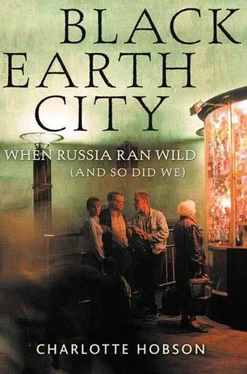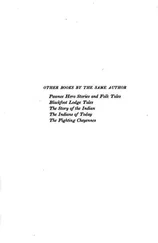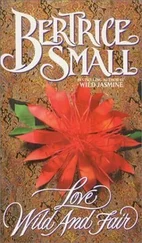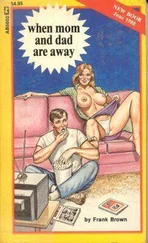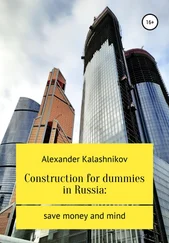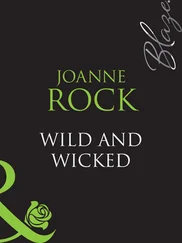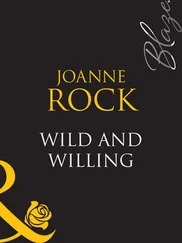Less than a week had passed since I’d stepped off the train into the pale sunshine of a Voronezh morning. The clock had struck nine as I and thirty other students looked around us at the yellow station dozing in the dust.
“On time exactly,” the komendant , head of the hostel, had said with a smile, as our luggage was loaded onto a cart. “Our railway system has not yet adjusted to our new political situation.”
We followed him over the train tracks, up the street, and into a yard in which stray dogs were picking over a pile of smoldering rubbish. Before us stood a squat, flat-fronted block: Hostel No. 4. The entrance hall was underwater green; against one wall sat a babushka whose metal teeth glinted in the half-light. Heaps of rubble lay in the corners. On the fourth floor, halfway down the corridor, Emily and I were shown into a long, low room, empty but for three iron bedframes. The stink of the rust-colored paint that had been splashed over the ceiling and the grimy linoleum floor rose up to meet us, along with a stale, sweaty smell that I did not recognize. There was a pause.
“I’m sure we can improve it,” I ventured.
Emily did not reply. At last I glanced at her. She was laughing: a silent, hysterical laugh that possessed her so completely there was no breath left even to wheeze. I could see what she meant.
A few days later term began and the place was transformed. Ira arrived and our room filled up. Out in the bottle-green corridor, there was always a crowd, chatting, cooking, scrounging cigarettes, offering KGB-issue telephones or medals or icons for sale. At any time, half the students were drunk and the other half had hangovers. Occasionally there were scuffles; sometimes the komendant walked past in a lordly way and was bombarded with requests. The hostel was a cosmopolitan place, housing more than twenty nationalities. The majority was Russian, yet on our floor alone were Syrians, Egyptians, and Armenians as well as British, and one Italian, driven half crazy by Russian food. Downstairs were Angolans, Nigerians, East Germans; New Yorkers visited from other hostels, along with Venezuelans studying forestry, Georgians, Uzbeks, and Cossacks. A hubble of languages rose through the smoke and pungent smells of ten dinners cooking in one kitchen; twenty stereos roared out different tastes in music. If not for the determined ugliness of the place, we might have been in an Anatolian bazaar.
The hostel residents had simple priorities. Food, for one. It was scarce that year; the shops had an echoing, dusty feel, and even the cans of corned beef labeled “EC: Humanitarian Aid” were marked up each week, according to inflation. The Italian boy saw the food shortages as a challenge, and day after day set off to scour the city, returning triumphant and exhausted with a piece of lean beef or some ripe tomatoes. With a regular supply of canned Italian butter, olive oil, and arborio rice from his family in Milan, he managed to get by. The rest of us more or less gave up eating and concentrated instead on the second priority, drink. Vodka was so much simpler to get hold of, and there was juice to drink with it for the health-conscious. The third priority was the most pressing. Beyond eating and drinking, entertainment was needed, mental and physical exercise and inspiration. Sex, above all, preoccupied Hostel No. 4. Soon I began to notice the couples circling the hostel in search of an empty room.
“Are you going out?” they’d hiss. “Lend us your room, just for half an hour.”
But even half an hour of privacy was not easily available. Some resorted to kissing on the stairs and in the corridors, oblivious of the bustle; or their roommates would return from ten minutes in the shower to find the door locked, and no amount of knocking and pleading would persuade the couple inside to open up. Those who were stricken by modesty had nowhere to go. Hotels were impossible—apart from the expense, you needed some kind of official chit to book a room—and outside, despite the blue skies, the wind was cold and insistent. Thus a heady strain of unrequited desire added spice to our communal claustrophobia.
One sunny afternoon , a man built in the Socialist Realist mold knocked at our door. His gaunt, wedge-shaped head and chips of blue glass for eyes gave him an air of steely dedication, while the six-foot-four frame filling the doorway suggested a character who would stop at nothing. He produced a bottle of vodka and said in a voice from the grave, “Let’s get acquainted.”
Viktor was his name. Emily and I introduced ourselves, and we all drank a large shot of vodka. We began to talk, using a mixture of broken Russian and English. But somehow every few minutes, Viktor would apologize and interrupt.
“I’m sorry,” he said. “I’ve forgotten what you are called. Ah, yes! Now let’s drink to our acquaintance.”
In our innocence we kept telling him our names, earnestly spelling them out, until we were halfway through the bottle. Viktor looked as though he might be suppressing a smirk. “Your names? I just can’t seem to keep them in my head.”
It was a challenge to keep them in my own head by then. Ira arrived back from lectures and admonished him. “Viktor! What have you done to my anglichanki ?”
“Baptized them,” said Viktor, grinning. “Have a drink.”
Other people wandered in and before I’d noticed, we had a party. A couple of English boys put an Ozric Tentacles cassette on the stereo and started dancing. Ira thrust haphazard cheese toasts into the sandwich toaster. Viktor made a trip to the railway station for more vodka and returned with three girls, who burst into the room talking and gesticulating with cigarettes and, in one’s hand, a kitten.
“These are the girls from Room 99,” Viktor explained. “Nina, Tanya, and the tall girl is known as Liza Minnelli—well, you can see why.”
“Who’s a brave little bunny?” Liza Minnelli said to the kitten. She had the hair and spider-leg eyelashes of her heroine. “Tanya, over there, she’s its mother. It’ll be lucky if it survives, poor little thing.”
She glowered at Tanya, who, without stopping talking for an instant, had settled down, put her feet on the table, and opened a new bottle. Nina was giggling and squeaking with each intake of breath.
“Pay no attention,” Viktor murmured. “Liza Minnelli is furious with the other two; you see, she and Nina have fallen for the same man.”
“So why is she angry at Tanya?” I asked.
Viktor shrugged. “Just because.”
“Ladies, gentlemen, small cats,” Tanya announced. “A toast: To this university year. May it bring all of us exactly what we want.”
Her two roommates looked daggers at each other, and Viktor laughed. “ Otdykh ,” he said. It was his favorite word, meaning relaxation in the widest sense, with associations of the long, peaceful exhalation one makes after downing a glass of vodka. On Viktor’s lips the word spoke of pleasure in all its forms: a long-awaited cigarette, a summer breeze, the seduction of some unsuspecting girl. As I came to know Viktor better, I realized that my first impression of a man with a cause was not so mistaken. His life was a quest for otdykh , and his dedication did much to lead the rest of the hostel down the same path.
After a while, a slight, attractive boy with floppy hair pushed his head around the door. “Hi everyone,” he muttered.
“Yakov!” cried Liza Minnelli, holding out her hands to him. “Come in.”
“Hi, Yakov,” said Nina, patting the chair beside her. “Sit here with me.”
He was obviously the lucky guy. He smiled a little goofily, pleased with himself, and sat between them. He didn’t seem to have much of an option.
Читать дальше
